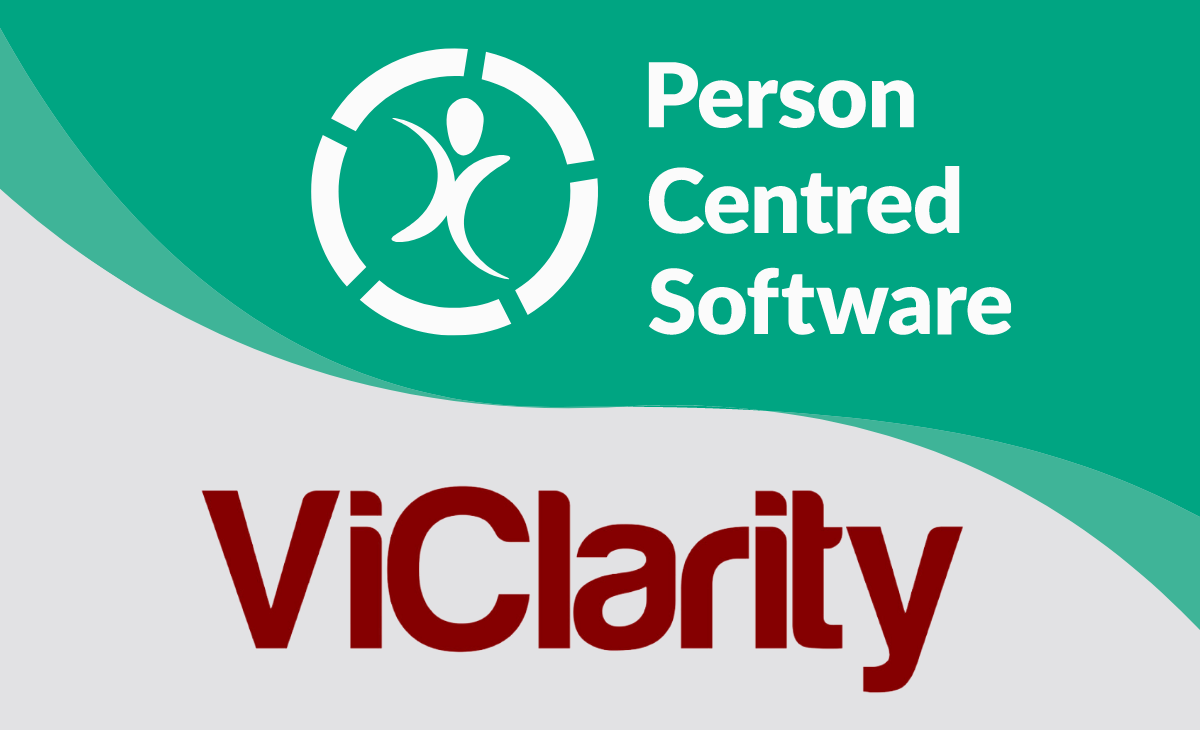
Published in CareTalk Business
What has been the role of technology during Covid in supporting wellbeing and how have care providers changed their way of working going forward into the new era
Working on the frontline of the pandemic, care workers have found themselves under immense pressure since the onset of COVID-19. An already stressful occupation pre-pandemic, the unprecedented crisis has impacted care staff in a multitude of ways. Not only have care workers had to do a lot more than usual to deliver the same quality of care as pre-pandemic, but they have had to do so whilst worrying about their own risk of infection and spreading the virus to their families. On top of this, care workers are likely to have experienced additional stress because of having to offer more support to bereaved and grieving residents as well as the added pressure of keeping families connected with their loved ones in care whilst they were unable to visit.
Such wide-ranging psychological stressors have the potential to cause long-lasting effects on the well-being and mental health of workers, as well as affecting the quality of the care they provide. Half of 1,000 UK care workers surveyed recently by IPPR/YouGov reported that their mental health had deteriorated since the start of the pandemic. The research showed those aged between 18 to 34 years were hardest hit, with 71 per cent reporting a worsening in their mental health.
Care providers have had to change their way of working to better protect the wellbeing of staff during this period of increased pressure and anxiety. One way in which providers have looked at reducing stress is through the adoption of technology that promises to free up carer’s time.
Infection control procedures, such as wiping down surfaces and engaging with families who can’t see their loved ones remotely, are just a few of the time-consuming tasks social care workers have had to add to their already heavy workloads over the past year or so. Then there are the isolating residents who need more time and care than those who aren’t.
On top of everything else, care providers have had to complete new data entry forms for the government, such as the capacity tracker. This intense time pressure doesn’t even take into account the staff who have had to take on the workload of colleagues that have had to isolate themselves.
Thankfully, there is digital care technology out there that allows staff to seamlessly plan, record and monitor the care of residents digitally in real-time, saving carers up to three days a month on administrative tasks. Some technology solutions are well-documented for their ability to reduce stress amongst staff by simplifying tasks and freeing up more time to provide person-centredcare, whilst enhancing communication and facilitating teamwork.
Certain technologies on the market offer more openness and transparency, too. For instance, the need for video calling between family and residents has been paramount throughout the pandemic and care technology has enabled that social interaction, thereby reducing the burden of staff having to field phone calls from concerned family members.
Furthermore, mobile icon-driven digital care systems help reduce the time it would take to physically transcribe care notes as staff can record information at the point of care while also mitigating the risk of errors. In addition, the risk of losing information is eliminated as all data is recorded in one central portal, which can be viewed anytime by anyone with access. Reports can be compiled and shared with external organisations, such as CQC, to show regulatory compliance too.
Whilst the pandemic has certainly acted as a catalyst for care providers reluctant to embrace technology before, the sector must continue to look towards technology to empower staff to utilise their time efficiently and productively. Care technology can significantly improve the quality of life for all people in social care settings, from the residents to the staff. Ultimately, if we are to reduce workplace stress and make the industry a healthier, happier place to work, then the adoption of technology is a necessary step to achieving such a utopia as well as being vital for business sustainability.







.webp?width=80&height=80&name=HTD%20Awards%202023%20Badge%20(4).webp)














